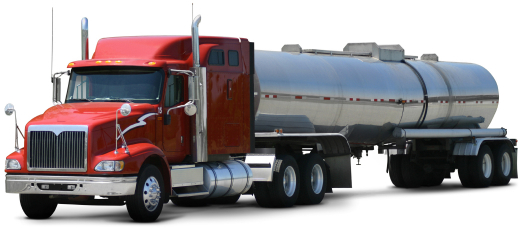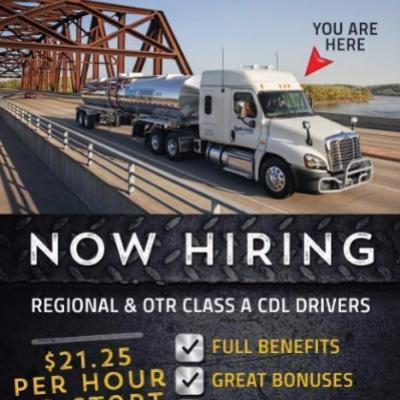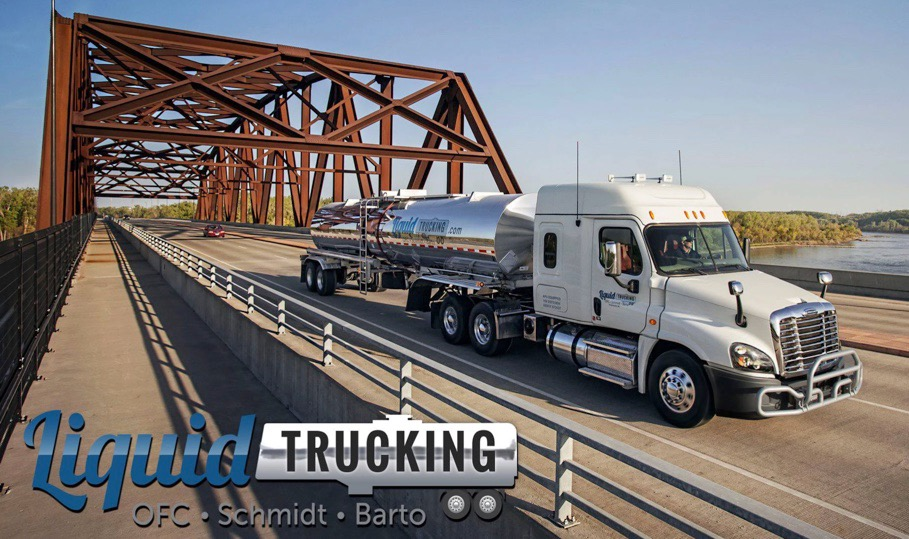Some Known Facts About Truck.
Table of ContentsSome Known Details About Truck A Biased View of Truck8 Easy Facts About Truck DescribedThe Best Strategy To Use For Truck
Short haulsLots of work availableEasy unloading in big plants Jobs not as readily available to owner-operatorsDifficult shipments in little townsYou will smell like diesel fuelHigh-risk transports Chemical tankers are small tanks, round in shape, and mostly stainless-steel on the outdoors wrap. I worked pulling chemical tankers for a while also.Typical items transported in chemical tankers includes various types of acids, liquid fertilizers, de-icer, ethylhexyl, glycol, naphtha, solvents, and alcohol. Yes. You truly require to be on top of things to transport chemicals. It can be an intricate thing, with no margin for mistake. Chemical tanker motorists are given a product book so they can reference the product book to read what HAZMAT code the product is on their trailer.
Carrying harmful product involves the risk of chemical spills and possibly inhalation of hazardous chemicals. There are possible dangers when the product is being loaded and unloaded in addition to when it's being transferred. Chemical spills are a huge offer. Even if a percentage of chemical is spilled, there will need to be ecological clean-up treatments which are exceptionally costly.
A few of that cost might be yours depending on the situations. Because these products are high-risk, companies frequently won't pressure you to satisfy particular time constraints. Filling and discharging procedures with a chemical tanker depend on what the item is. truck. This determines what approach will be utilized to unload. Some of the more combustible products can't be risked by running the product through a product pump, so they will pressurize these products to keep them from blowing up.
The Truck Diaries
They can pump off the load depending on what the product is and they can likewise blow off item utilizing pressurized offloading. All shipments of chemical items are by appointment only, which can be a pain in the butt. However, generally, the motorists don't load or dump them. This is done by the refinery instead of the truck chauffeur as compared to gas and diesel tankers, which are unloaded and packed by the truck motorist.



This takes a while to master it. For example, when you are in a mountainous area in the winter time, you require good traction when you're dealing with uphill (truck). Nevertheless, these trailers are frequently only filled half or 3/4 filled. As an outcome, when you start uphill the weight of the load takes visit the website a trip to the back of the trailer and you break traction on your drive due to the fact that all the weight is on the trailer tandems.
The reason there are no baffles in chemical trailers is due to the fact that these trailers get rinsed at specialized tank cleans after each load in order to guarantee there is no cross-contamination from load to load. With baffles in a trailer, there are seals on the within the trailer which can trap particles of the chemicals which would contaminate a load.
Excitement About Truck
The cost for the washout of a chemical trailer does not come cheap either. It costs hundreds of dollars to flush and rinse these trailers. It's a required process to avoid contamination. Aside from obstacles with hauling, motorists also need to monitor their hauls closely. Chemical trailers are insulated and beneath the stainless skin is a layer of insulation before the inner barrel for when items are carried which needs to be kept at a specific temperature.
If the item coagulates it will not feed through the pump. Somebody driving a chemical tanker needs to remain on top of the HAZMAT policies for their load in order to avoid costly clean-up. There are a variety of products with various training requirements specialized trainingSmall tanks with a round shape indicates better gas mileage overallSafety standards are high so driving exhausted isn't expectedLots of paid downtimeNo loading or unloading is done by the motorist Chemicals are high-risk and can be dangerous to your healthChemical spills are really costlyHauls need to be carefully monitoredThere aren't baffles to avoid sloshingWash out is costly Pneumatic tankers are the big tanks which transport bulk dry visit the site product such as cement and plastic pellets.
The freight is not hazardous or hazardous in any way. These trailers are unloaded by pressurizing their items, usually using a big drum compressor which attaches to the tractor unit. They plug in the tanker and blow the item into a tank. Dry bulk trailers have a high center of gravity as click for more info the tanks and compartments are cone-shaped to assist with the dumping procedure.
This makes handling these trailers can challenging considering that they have a high center of gravity. These trailers are extremely susceptible to crosswinds. There is no slosh aspect at all associated with these kinds of tankers, many tanker chauffeurs choose this type of work. Dry bulk trailers tend to be big, high, and long as the products are lighter.
What Does Truck Mean?
Carrying dry bulk in tanker trailers tends to be short haul work. Long run dry bulk is usually done by rail. The haul is not HAZMAT or hazardous in any way. There is no slosh factor to stress aboutShort haul work These trailers have a high center of mass making them tricky to haulThe design is vulnerable to crosswinds Propane tankers haul liquid gas.